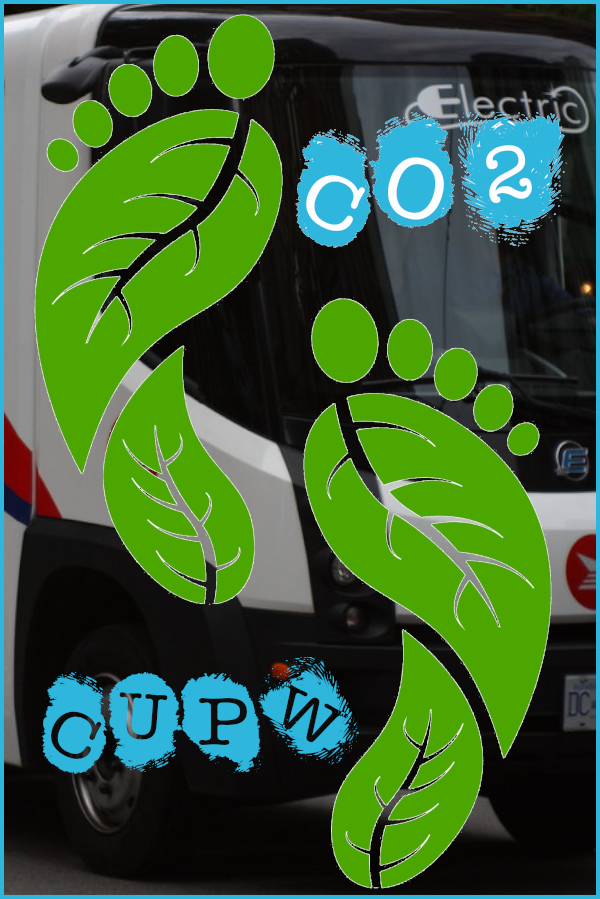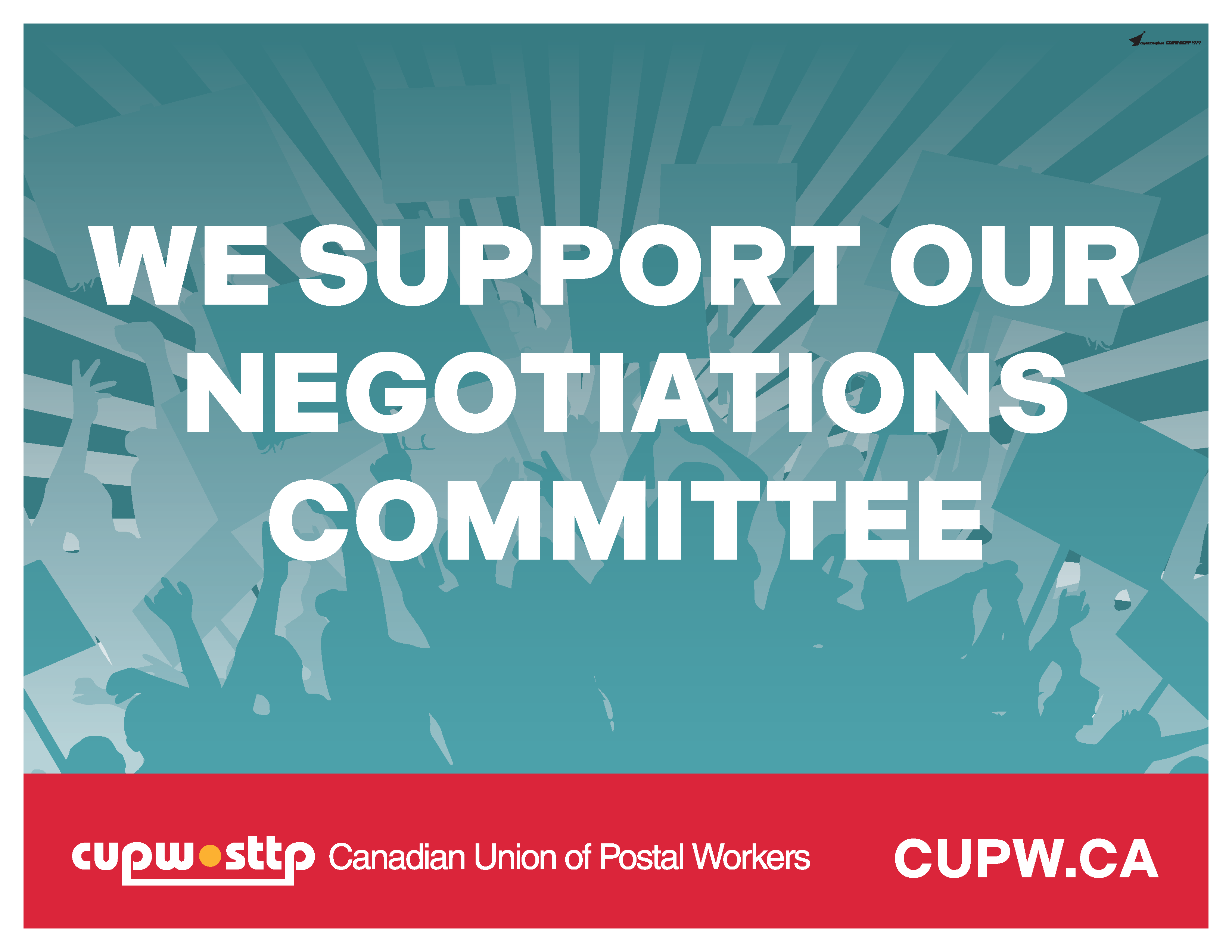As the world’s governments are reaching consensus and setting clear goals to avert an environmental catastrophe, Bill C-12 is still far too forgiving towards the government, and its leniency risks undermining support for the necessary measures in this crucial fight.
The government’s accountability cycle should align with the Paris Agreement’s five-year review process. This would allow for better comparison and assessment of targets, enhancing them and placing them in a common cycle.
In addition, the Bill C-12 fails to link planning for the zero-emission goal with the roadmap for a fair transition of the workforce, ensuring good jobs for all workers, despite social and economic changes. Achieving Canada’s zero emission goal must be done hand-in-hand with workers, and this should be reflected in the bill.
Finally, Bill C-12, according to the government’s press release, will require the Minister of Finance to publish an annual report outlining the key actions of departments and Crown corporations to manage the financial risks and opportunities associated with climate change.
We acknowledge the proposed new obligations, and understand that accountability and reporting are essential to achieving GHG reduction targets. However, we note that there is no mention of Crown corporations in Bill C-12.
Tabled in 2020, the Treasury Board Secretariat’s Greening Government Strategy mentions the role of Crown corporations.
“Crown corporations with significant real property, fleet and procurement are encouraged to adopt the Greening Government Strategy or an equivalent set of commitments, including the commitment to net-zero emissions by 2050” (2)
Given the urgency of the climate crisis, this is no longer a time for encouragement. The obligation of results is our only option. And we want that obligation reflected in Bill C-12.
Electric Vehicles: The Difference Between Encouragement and Obligation
Below is an example of what encouragement produces without accountability and clear guidelines. Canada Post is still in the pilot stage of switching its fleet to electric vehicles. Meanwhile, General Motors has signed an agreement (4) to upgrade one of its polluting assembly plants to build zero-emission light-duty transport and delivery vehicles in Canada. In Quebec, Lion Electric has just signed an agreement (5) with Amazon to deliver thousands of heavy-duty electric transport vehicles.
Pending the results of its pilot projects, Canada Post has only deployed 374 hybrid vehicles for 2019. Not only is this number insignificant and insufficient, but it is also inconceivable that Canada Post would opt for a technology that is no longer optimal given the advances in zero-emission vehicles.
The government is aiming to reduce GHG emissions by 40 to 45% by 2030 (6) and to become carbon neutral by 2050. These deadlines are just around the corner and we all need to work together, including Crown corporations. At Canada Post, electric vehicles are key to achieving our goals.
In the United States, the newly elected Biden administration has legislated to commit federal companies to electrify their fleets, including the United States Postal Service, which has just announced the purchase of 165,000 vehicles from Oshkosh within the decade. The Biden administration will finance this mandatory transition (7). This is an example of an administration with leadership and clear goals for its national postal service.
The electrification of Canada Post’s fleet would not only directly reduce its GHG emissions, but it would also contribute to indirect reductions by promoting a positive perception of electric vehicles.
Imagine thousands of Canada Post electric vehicles travelling across communities coast to coast, creating a powerful symbol of pride and achievement.
Electric Charging Stations
The electrification of Canada Post’s fleet also necessitates the installation of charging stations across its network of 6,100 post offices. CUPW has already conducted research on electric charging stations, and proposes to make them available to the public during the day and reserved for Canada Post vehicles at night.
The manufacturing industry of charging stations is flourishing across the country, and good jobs depend on the growth of this sector. It is clear that investment in green energy can play a key role in the economic recovery as well as support the workforce of outdated, fossil fuel dependent industries.
In conclusion, the federal government must show strong leadership. The time for half measures has passed. In this sense, all forces in the country must unite and work together. Encouragement is no longer enough. We need binding legislation.
Recommendation
CUPW, supported by its membership, proud and committed to reimagining Canada Post and reducing its carbon footprint, recommends the following amendment to Bill C-12 to the Committee:
Bill C-12 must hold Crown corporations accountable by prescribing strict minimum standards for planning and reporting, and by imposing a legal obligation to meet established targets.
We thank you for considering our submission and making the above changes to the bill. All Canadians will thank you.
- www.deliveringcommunitypower.ca
- Greening Government Strategy
- Budget 2021
- GM and Unifor agree in principle to build electric vehicles in Canada | Radio-Canada.ca
- Amazon ready to buy thousands of Lion trucks | La Presse
- Prime Minister Trudeau announces increased climate ambition
- Push to electrify mail trucks gains wide support, an unlikely win for both DeJoy and Biden | The Washington Post

